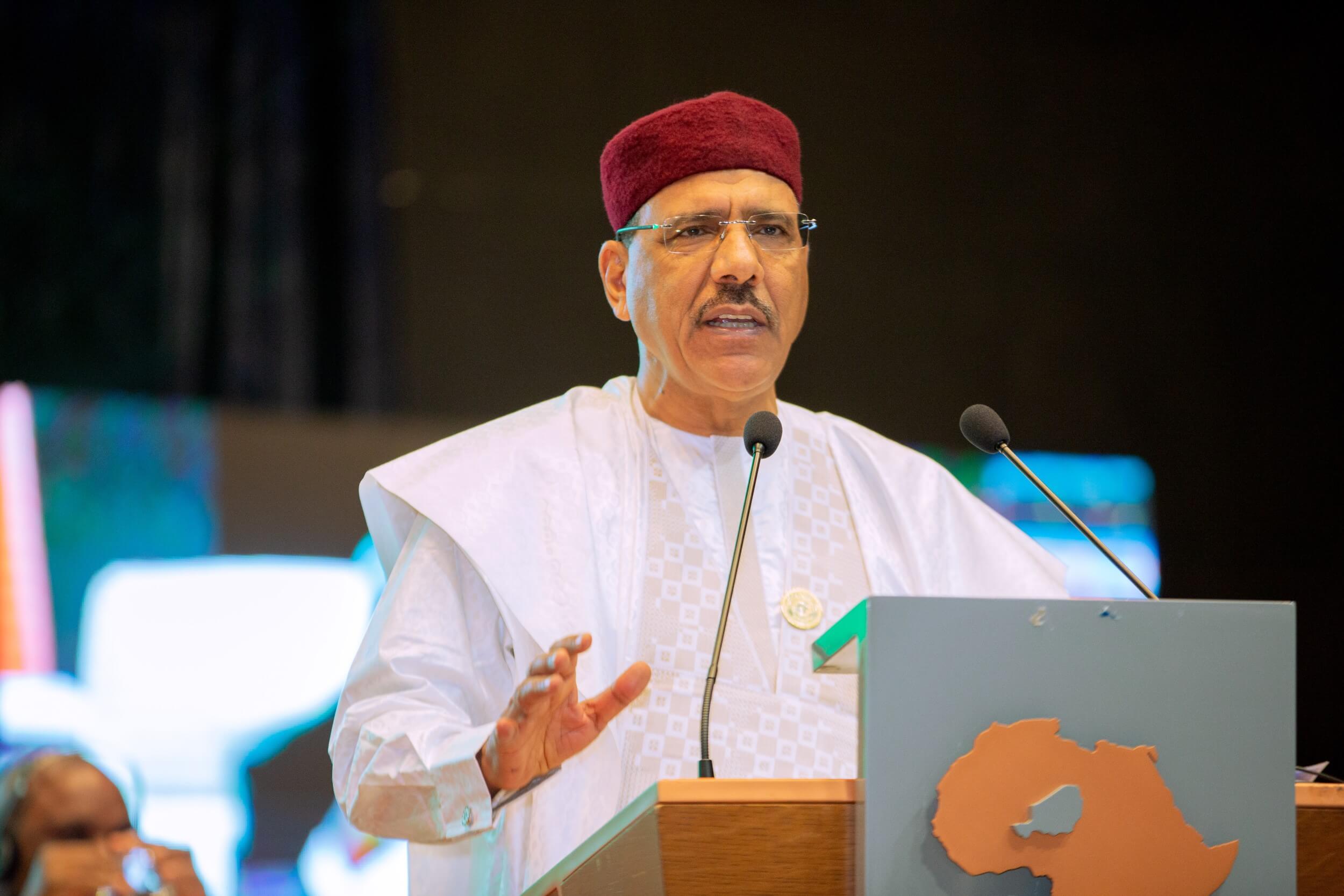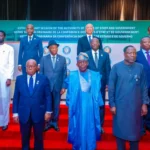The United Nations, United States and ECOWAS have voiced outrage over threats by Niger’s military rulers to try detained President Mohamed Bazoum, saying the move would worsen tensions.
On Sunday, Niger’s putschists that toppled Mohamed Bazoum said they would “prosecute” the ousted president for “high treason” and “undermining the security” of the country.
“We are incredibly dismayed by reports that President Bazoum’s unjust detention has gone even a step further,” State Department spokesman Vedant Patel told reporters.
“This action is completely unwarranted and unjustified and, candidly, it will not contribute to a peaceful resolution of this crisis,” he added.
- NCDC seeks dedicated funding for health security
- African varsities to ECOWAS: Attack on Niger will destabilise education in subregion
UN spokesperson Stephane Dujarric said on Monday that an attempt by Niger’s junta to bring charges of high treason against democratically-elected President Mohamed Bazoum is “very worrying.”
“We remain extremely concerned about the state of being, the health and safety of the President and his family, and again we call for his immediate and unconditional release and his reinstatement as head of state,” Dujarric told reporters.
Similarly, ECOWAS said on Monday it was shocked to learn of attempts by Niger’s junta to bring charges of high treason against President Mohamed Bazoum.
The move is a form of provocation by Niger’s coup leaders and contradicts their reported willingness to find a peaceful solution to the current crisis, the bloc said in a statement.
Ghana opposition lawmakers warn against military intervention
In Ghana, opposition lawmakers have expressed concern over the ECOWAS plans to launch military action in Niger as part of efforts to restore constitutional order in the country. The lawmakers asked Ghana’s President Nana Akufo-Addo to immediately stop all preparatory mobilisation towards deploying Ghanaian soldiers.
“The Ghanaian Parliament has not discussed this matter unlike other countries who have had the opportunity to debate these matters and to pass a resolution,” Samuel Okudzeto Ablakwa, a member of parliament’s foreign affairs committee told the BBC.
The country’s minority lawmakers hold the view that diplomacy and constructive dialogue should be explored.

 Join Daily Trust WhatsApp Community For Quick Access To News and Happenings Around You.
Join Daily Trust WhatsApp Community For Quick Access To News and Happenings Around You.

